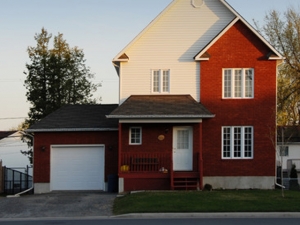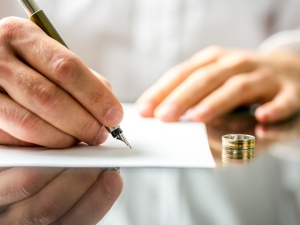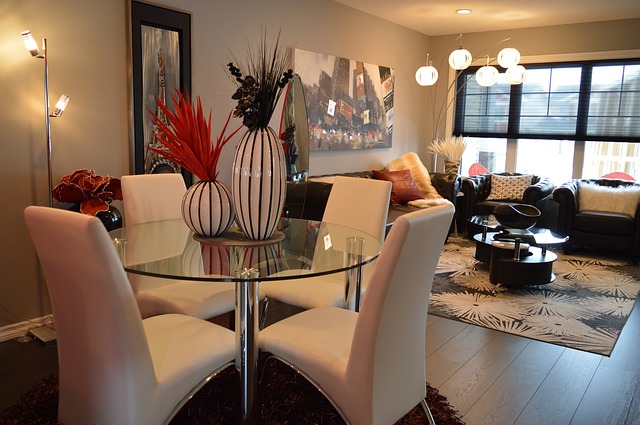The buying process
Buying property in Denmark through an estate agent
The estate agency sector in Denmark is dominated by a range of chains of estate agents. Some are owned by financial institutions, others are independent chains.
Property laws in Denmark are very firm on the regulation and Danish estate agents play a much larger part in the purchase and sale of properties than in other European countries, but still, the estate agent is only taking the part of the seller –
So therefore you need to have your own legal advisor to take your part.
The role of estate agents in Denmark
It is advisable to have financial support secured before looking for a property and obtaining a buyer’s certificate from your lender will allow you to make a quick offer once you have found your ideal property. Your legal advisor can advise you about financing your purchase. You can generally borrow up to 80% of the value of the property from banks or mortgage institutions in Denmark.
Estate agents produce a property report identifying any faults in the property and arrange insurance to cover any hidden defects. This report is not always necessary, but without it the seller of the property will be held responsible for any faults that the buyer was not made aware of for up to 10 years after the property was sold, so it is very common to have the report done.
Making an agreement and paying your deposit
The first step is for the seller’s estate agent to produce a purchase agreement, and its recommended that you do not sign the contract, unless the purchase contract has the sentence, that it need your bank and legal advisor’s approval before its valid.
Once an offer has been accepted and the purchase agreement has been signed, the buyer will place a deposit of 5% of the price of the property with their estate agent or sellers bank. The buyer has 6 days in which they are entitled to withdraw from the deal, though in doing so they may have to pay a compensation fee to the seller, usually 1% of the purchase price. You should consult your estate agent when agreeing a closing date for the sale of the property, as this is when the remaining balance should be paid to the seller.
When the deal is approved it is time for making the deed. The transfer deed is normally paid for by the buyer through the legal advisors fee. Some times it is the estate agent who make the deed, but it is always recommended that your legal advisor validate the deed as a part of taking your part in the deal.
Paperwork
Inevitably there is a lot of paperwork involved in purchasing property in Denmark. Therefore it is advisable to have a Legal advisor to guide you through this process. The documents you need are:
- Passport
- Yellow social security card with Cpr nr.
You will also need all the property reports and documentation and buildings and fire insurance on the property This is typical 150-400 pages. Your Legal advisor will also have access to all of these documents.
Fees when buying property in Denmark
Anyone buying property in Denmark will have to pay the following costs:
- “Tinglysningsafgift, – calculated as 0.6% of the property value plus dkr. 1.660.-
- Legal advisors fee – normally from dkr.4.000- 8.000
- Legal fees associated with the mortgage – 1.5% of the mortgage value plus dkr.1.660
The seller pays estate agent’s fees.










